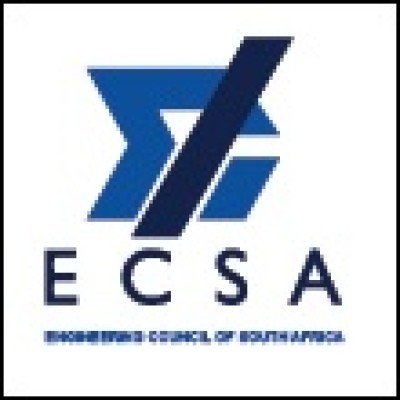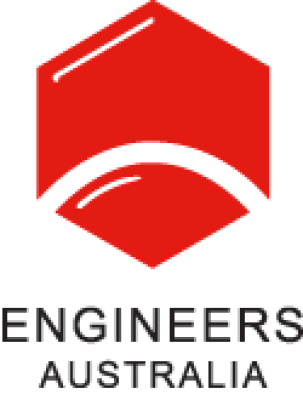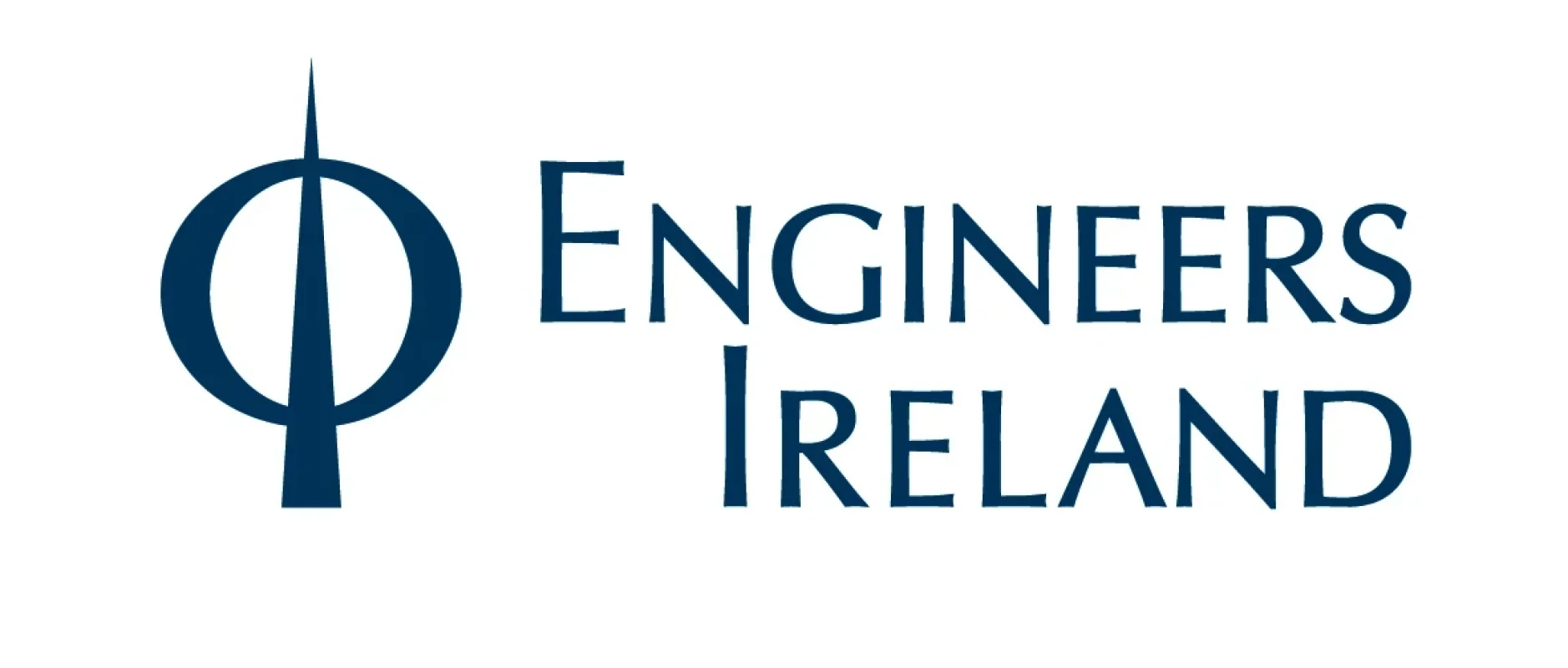The Agreement for International Engineering Technicians (AIET) establishes an international benchmark competence standard for individuals practicing as fully qualified engineering technicians.
Overview
At IEAM 2015, the International Engineering Technicians Agreement (AIET) was signed. This landmark agreement recognises that the practical skills and competencies of engineering technicians are equivalent across different qualification systems and establishes a unified framework for standards recognition and quality assurance.
The AIET aims to streamline the international recognition process for practising technicians by shifting focus from rigid qualification comparisons to competency-based assessment against agreed international standards.
Under this framework, technicians who meet the established international benchmark in one signatory country should require only minimal additional assessment—primarily covering local regulatory knowledge and practices—before gaining registration in another participating nation.
This approach facilitates greater professional mobility whilst maintaining quality standards, ultimately benefiting both individual technicians seeking international opportunities and organisations requiring qualified technical expertise across borders.

"The Agreement for International Engineering Technicians (AIET) provides an important international benchmark against which the competence of engineering technicians can be assessed and recognised."
Chair of the AIET
The Professional Competence Profile
The AIET Professional Competence Profile establishes competency benchmarks for engineering technologists qualified for independent practice, utilising rigorous standards to ensure global consistency across participating jurisdictions.
Comprehend and Apply Universal Knowledge
Comprehend and apply knowledge embodied in standardized practices
Comprehend and Apply Local Knowledge
Comprehend and apply knowledge embodied in standardized practices specific to the jurisdiction of practice.
Problem Analysis
Identify, state and analyse well defined problems using the support of computing and information technologies where applicable
Design and Development of Solutions
Design or develop solutions to well-defined problems
Evaluation
Evaluate the outcomes and impacts of well-defined activities
Protection of Society
Recognise the foreseeable economic, social, and environmental effects of well defined activities and seek to achieve sustainable outcomes
Legal, Regulatory, and Cultural
Meet all legal, regulatory, and cultural requirements and protect public health and safety in the course of all activities
Ethics
Conduct activities ethically
Manage Engineering Activities
Manage part or all of one or more well-defined activities
Communication and Collaboration
Communicate and collaborate using multiple media clearly and inclusively with a broad range of stakeholders in the course of all activities.
Continuing Professional Development and Lifelong Learning
Undertake CPD activities to maintain and extend competences and enhance the ability to adapt to emerging technologies and the ever-changing nature of work.
Judgement
Choose and apply technical expertise. Exercise sound judgement in the course of all well-defined activities
Responsibility for Decisions
Be responsible for making decisions on part or all of all of one or more well-defined activities
Authorised Members (7)
The Authorised Members of AIET, represent organisations that operate national sections of the International Engineering Technicians register worldwide.
Executive Committee
The AIET Executive Committee provides strategic leadership and oversight, coordination activities among members and ensuring consistent implementation of agreement standards and policies worldwide.
Mr Brett Williams
Chair - AIET
Deputy Chair
Ms Shirley McDonald
Deputy Chair - AIET








